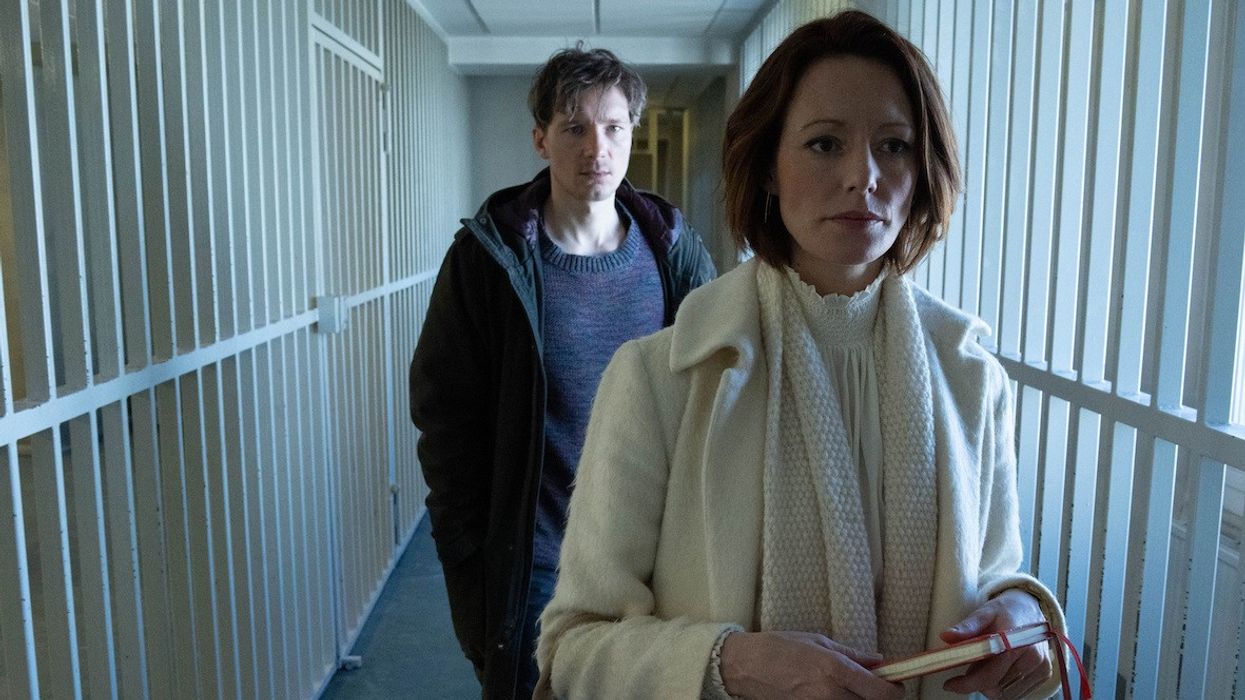How a Single Artist Created Over 120 VFX Shots for a TV Series
Being the sole VFX artist on a show is insane, but this creative did it all. Here’s what we can learn.

TV shows that use VFX usually rely on post or VFX houses to get the job done. But sometimes, that kind of workflow just isn’t in the cards, and creatives will have to get…well, creative.
Noah Hähnel, a Berlin-based VFX artist, did just that while working on the German TV series Legal Affairs. With over 120 VFX sequences to complete, Hähnel used a combination of Houdini, Fusion, SynthEyes, and Mocha to get everything done all by himself.
What can we learn from all of his work? Give the video a watch before we get started:
Measure Twice, Cut Once
While sometimes your shooting schedule won’t allow for it, planning a VFX sequence is one of the most critical things an artist or creative team can do.
In Hähnel's examples, he created a drone chase sequence where a giant drone chased two characters through a tunnel. While you may think a few trackers taped to the walls can give you all the reference you’ll need in post, that’s not the case.

Hähnel took not only photos and videos of the tunnel but also measurements. This is on top of putting trackers in certain critical locations to ensure he could match the digital camera to what was shot on the day. Since the tunnel sequence was shot will available light and a shallow focus, the survey video helped with matching the digital elements to the footage.
The idea here is to gather as much reference data as possible, even if you don’t think you’ll need it. Sometimes, there will be issues where that extra reference material will save you butt.

VFX vs. Special Effects
Another lesson we can pick up from Hähnel’s work is the use of VFX over Special Effects. In the airport scene where two actors needed blood on their clothes and faces, Hähnel and the creative team decided to rely on VFX.
Why? Well, sometimes you only have one take, and resetting with a fresh wardrobe and fake blood takes time. Even for little things, VFX can sometimes be a time saver. Speaking of the little things.

The Little Things
Most of Hähnel’s work for Legal Affairs was in adding or removing small elements that would elevate (or fix) a scene. In the past paced world of television, you’ll get things like boom mics in the shot or even reflections of the entire camera crew in windows and glasses.
While it may seem silly to add things like a light into a reflection (for the scene in a studio), the little things go a long way to elevate your scene. We recently wrote about the VFX changes made for Only God Forgives, which went as far as to remove eye movements and blinking from actors.
If the budget and timeline allow for it, adding in little additions that you may haven’t had time for on set can make a difference to your story.
On the other end, you should really worry about having reflections of your camera crew or boom mics in your shot, especially if you have a VFX budget.

The Most Important Lesson
In the end, all of the things above can be folded into two very important lessons—plan like crazy, but leave room for accidents and additions.
As creatives, we can sometimes leave everything to improvisation or plan everything to the last detail. The importance of finding a balance in every production is key to having a successful shoot. We’re making entertainment, after all. We should take it seriously but also have fun doing it.
What did you learn from Hähnel’s work? Let us know in the comments!
Source: Noah Hähnel











